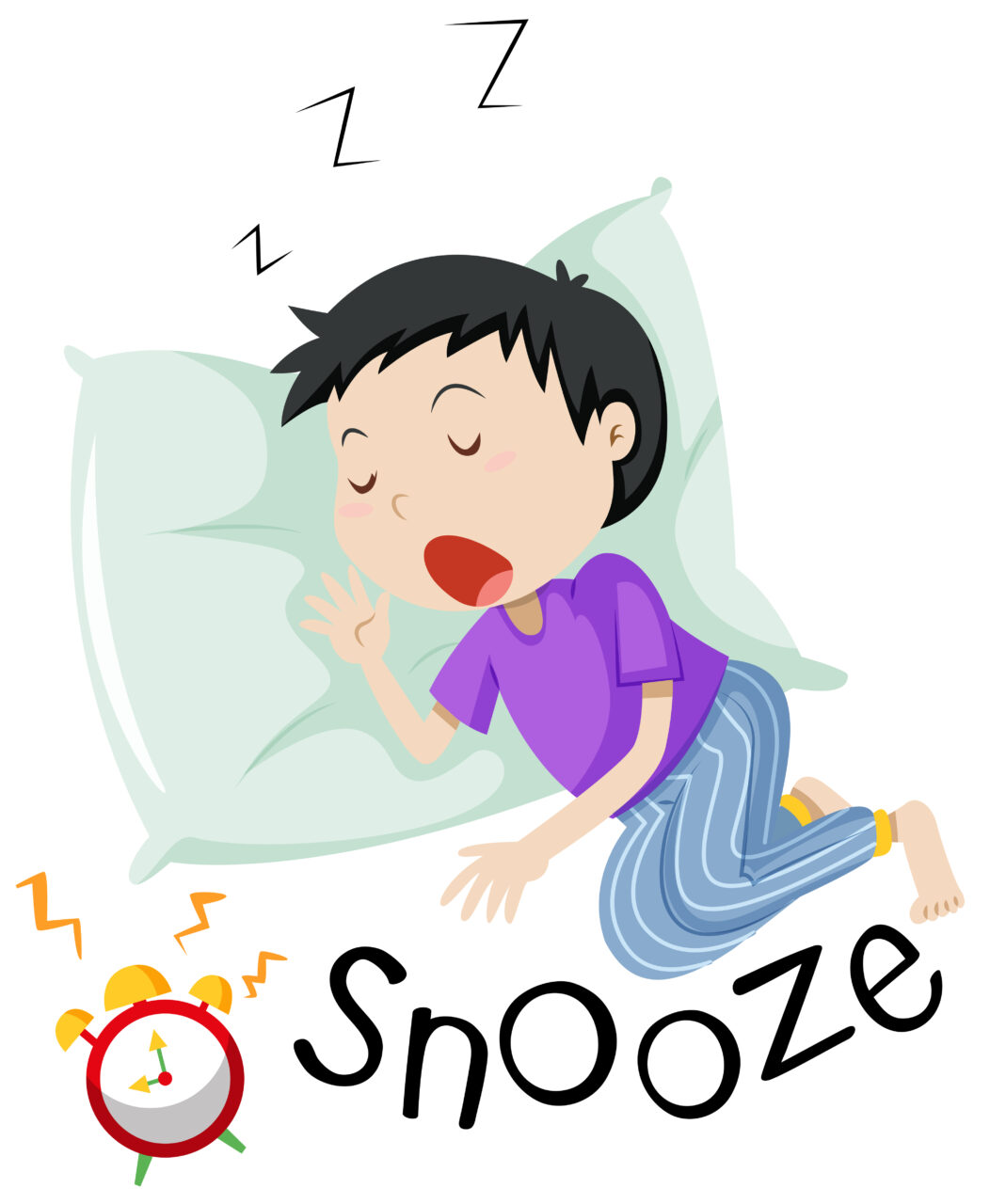
Stopping the habit of snoozing your alarm can have several benefits for your overall well-being and productivity.
Disrupted Sleep Patterns: Snoozing your alarm can disrupt your natural sleep cycle. When you hit snooze and go back to sleep for short intervals, you’re more likely to enter a new sleep cycle that you won’t complete before the next alarm rings. This can lead to feelings of grogginess and make it harder to wake up feeling refreshed.
Decreased Alertness: Snoozing can lead to a phenomenon known as sleep inertia, where you feel groggy and disoriented upon waking up. This can affect your cognitive function and make it harder to start your day feeling alert and focused.
Delayed Morning Routine: Snoozing repeatedly can eat into the time you have set aside for your morning routine, causing you to rush through essential tasks like breakfast, hygiene, or exercise (check the post about the 2 minutes per day). This can increase stress levels and set a negative tone for the rest of your day.
Impact on Circadian Rhythm: Consistently snoozing your alarm can disrupt your body’s natural circadian rhythm, which regulates sleep-wake cycles. Over time, this can lead to difficulty falling asleep at night and further exacerbate feelings of fatigue during the day.
Lack of Discipline an productivity loss: Snoozing can become a habit that reinforces procrastination and lack of discipline. By training yourself to get up at the first alarm, you cultivate a sense of self-discipline that can carry over into other areas of your life. Getting up promptly at your desired wake-up time can help you approach the day with purpose and energy.
Tips to Stop Snoozing:
By breaking the habit of snoozing your alarm, you can improve your sleep quality, enhance your morning routine, and start each day feeling more energized and focused.